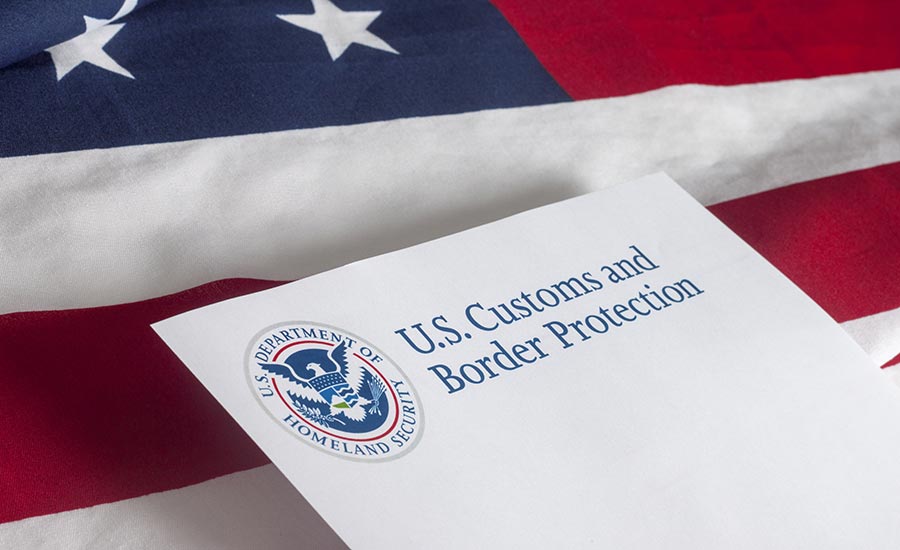

A Sudden Shift in Immigration Enforcement
In a major change to his immigration enforcement strategy, President Donald Trump has ordered a pause on most workplace raids conducted by U.S. Immigration and Customs Enforcement (ICE) in key labor-intensive industries—namely agriculture, meat-packing, restaurants, and hospitality. This directive, issued on June 14, 2025, was communicated to ICE field offices via internal email, telling agents to “hold on all work-site enforcement” in those sectors. The move comes after weeks of widespread raids and increasing pressure from industry leaders who warned of economic consequences.
Why Did Trump Backtrack?
A combination of political optics and economic reality reportedly drove the decision to halt workplace raids. Agricultural and hospitality leaders, many of whom are traditionally conservative allies, warned the administration that deporting undocumented workers en masse would lead to severe labor shortages, supply chain issues, and price spikes. These concerns were relayed to Agriculture Secretary Brooke Rollins, who quickly escalated them to the White House. President Trump, recognizing the potential damage to the economy—and possibly his political base—ordered the pause while the Department of Homeland Security drafts revised enforcement guidelines.
Who Is Still at Risk?
While the pause offers relief to some workers, it does not mean ICE is standing down entirely. Individuals involved in serious criminal offenses—including human trafficking, drug smuggling, and financial crimes—remain top priorities for enforcement. Additionally, the pause applies only to specific sectors. Workers in construction, delivery, warehousing, and other industries continue to face ICE raids. Anyone with a prior removal order, unresolved immigration case, or criminal record remains at high risk. Even within protected industries, routine identity checks can still lead to detainment if workers cannot produce valid documents.
Your Rights During an ICE Encounter
If ICE shows up at your home or workplace, knowing your rights is essential:
-
You have the right to remain silent.
-
You can ask to speak with an attorney.
-
ICE needs a judicial warrant (signed by a judge) to enter private areas of a home or business.
-
You do not have to sign any documents without legal counsel.
-
If safe, document the encounter with names, badge numbers, and video.
These rights apply to everyone, regardless of immigration status. Abuses should be reported, and legal counsel should be contacted immediately.
What Employers Should Do Now
Employers in the affected industries should take this pause as an opportunity to prepare. First, they should review all I-9 employment forms for accuracy and consistency. Second, managers should be trained on how to respond if ICE visits the workplace. Designate a point of contact and ensure all staff know their rights. It’s also critical to post multilingual “Know Your Rights” materials in break rooms. Employers must not discriminate against workers based on their immigration status or perceived nationality and should seek legal counsel before taking action on suspected documentation issues.
Legal Options for Undocumented Workers
Even with enforcement paused, undocumented individuals should consider taking steps toward legal protection. Depending on personal circumstances, they may qualify for:
-
Asylum or Withholding of Removal
-
Cancellation of Removal for long-term residents with qualifying family ties
-
U or T Visas for victims of crime or trafficking
-
Employment-based sponsorship (where eligible)
-
Deferred action in humanitarian casesImmediate Relative Adjustment of Status
-
Immediate Relative Adjustment of Status:
-
For parents of U.S. citizens over age 21.
-
For children of U.S. citizens under age 21 and unmarried.
-
For spouses in a bona fide marriage to a U.S. citizen.
-
Special Immigrant Juvenile Status (SIJS) for children under 21 who have been abused, abandoned, or neglected by one or both parents.
-
Every case is different, and even small mistakes can lead to delays or denials. Consulting an immigration attorney now—before enforcement resumes—is the best way to protect your future.
Don’t Wait for the Pause to End—Act Now
Immigration enforcement priorities under this administration are shifting quickly. What is paused today could be reinstated tomorrow. For undocumented individuals and their families in farming, hospitality, and food service, now is the time to act. Use this window to seek legal guidance, explore relief options, and strengthen your case before ICE resumes full operations.
Call Spar & Bernstein today at 1-800-998-6040 or schedule your confidential consultation online. Our experienced immigration attorneys are ready to help you navigate these uncertain times and protect your future.




